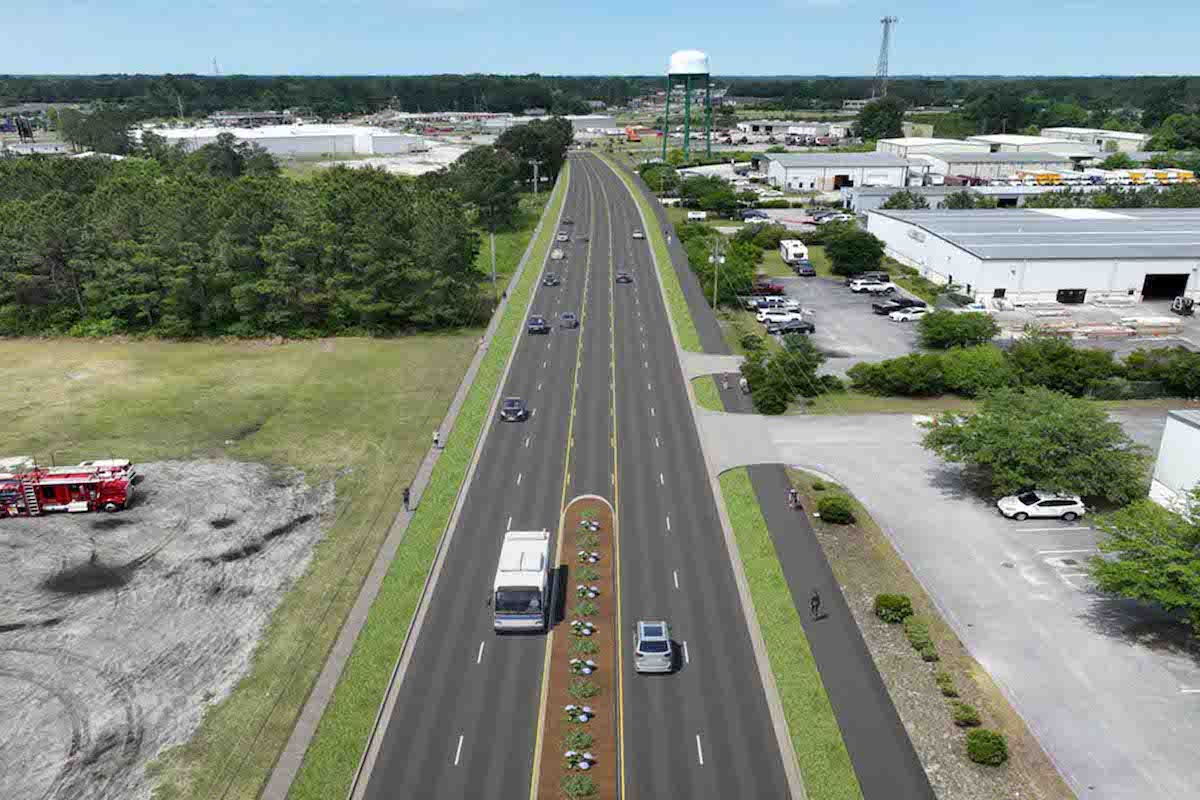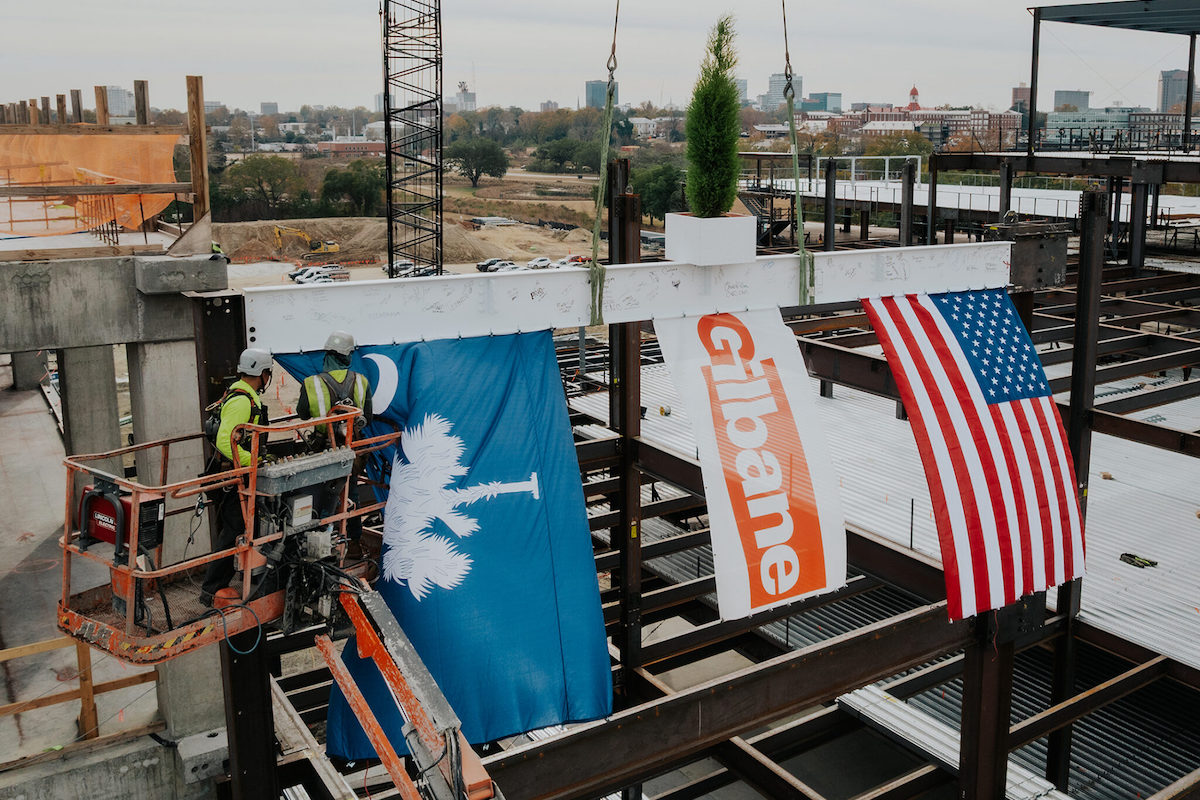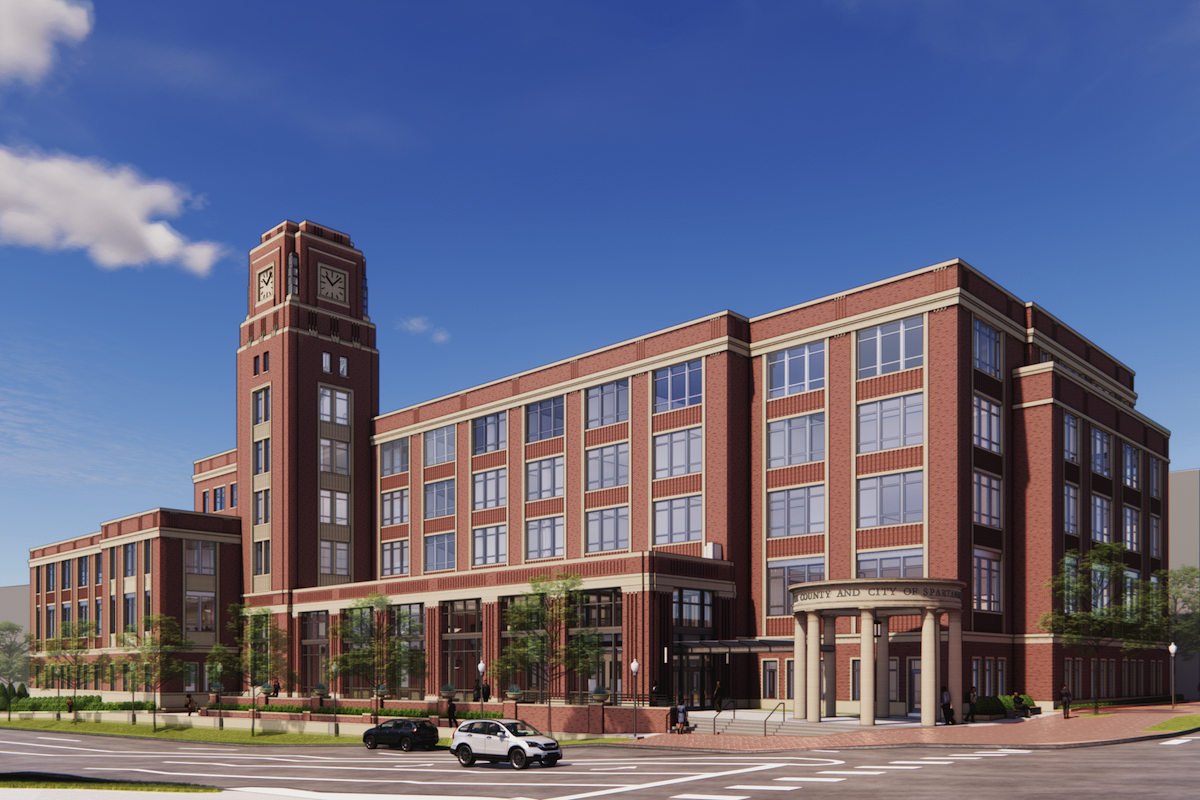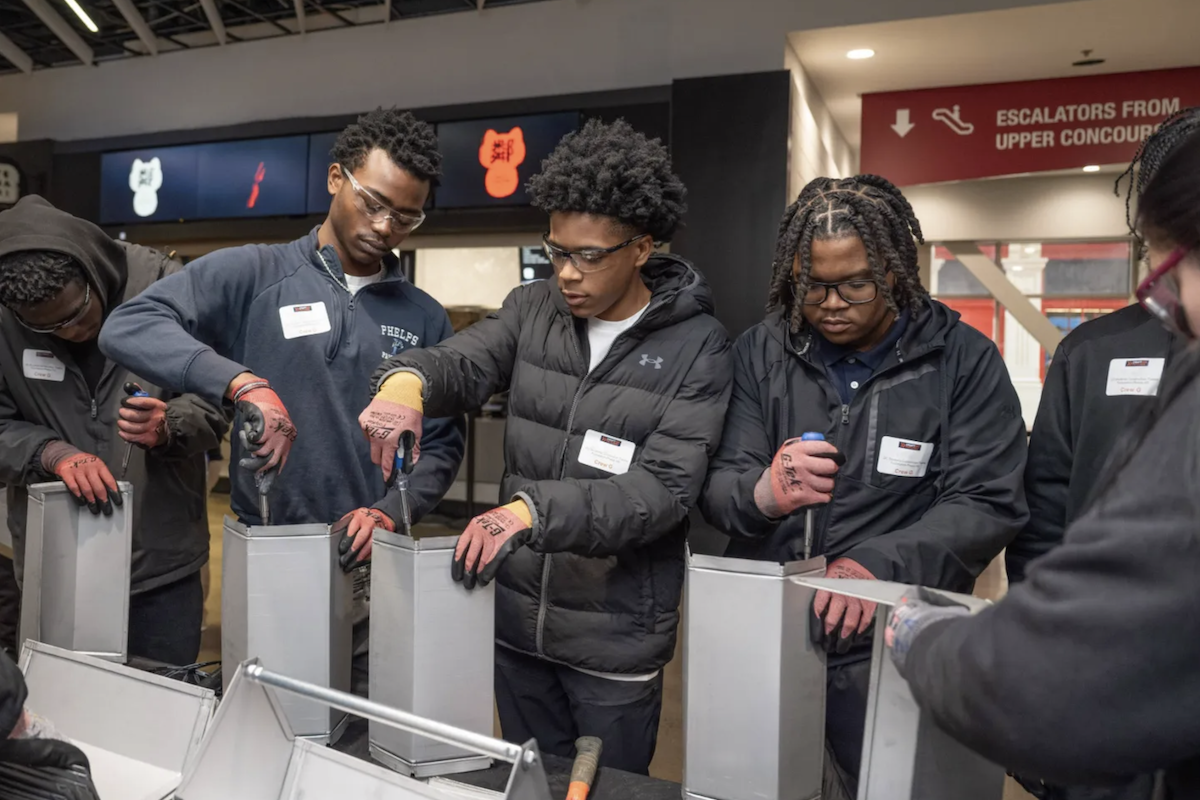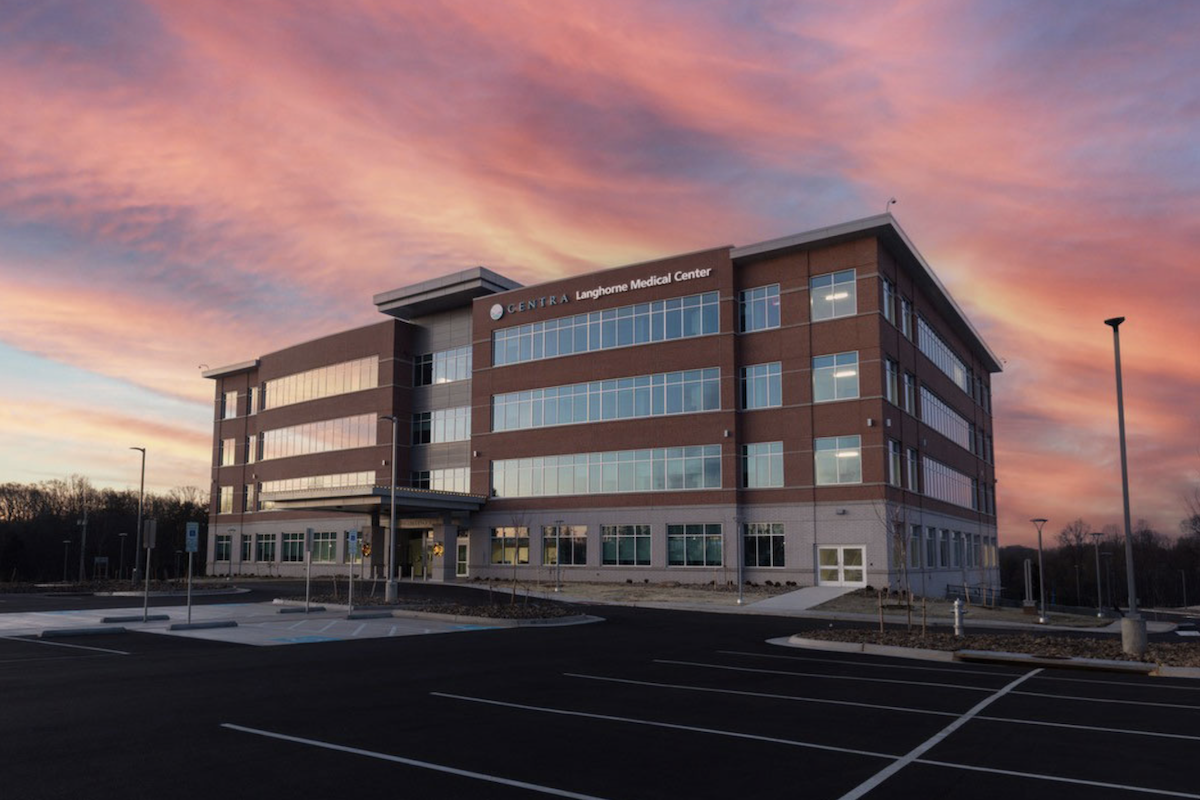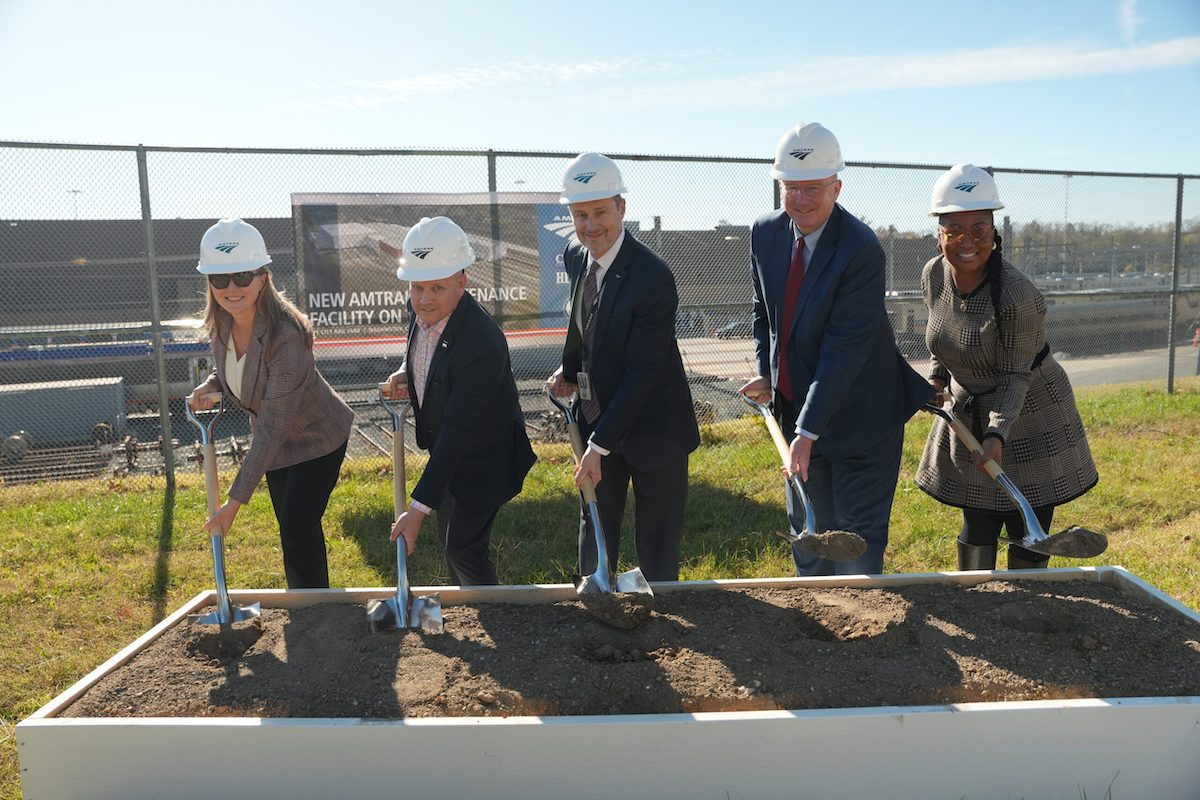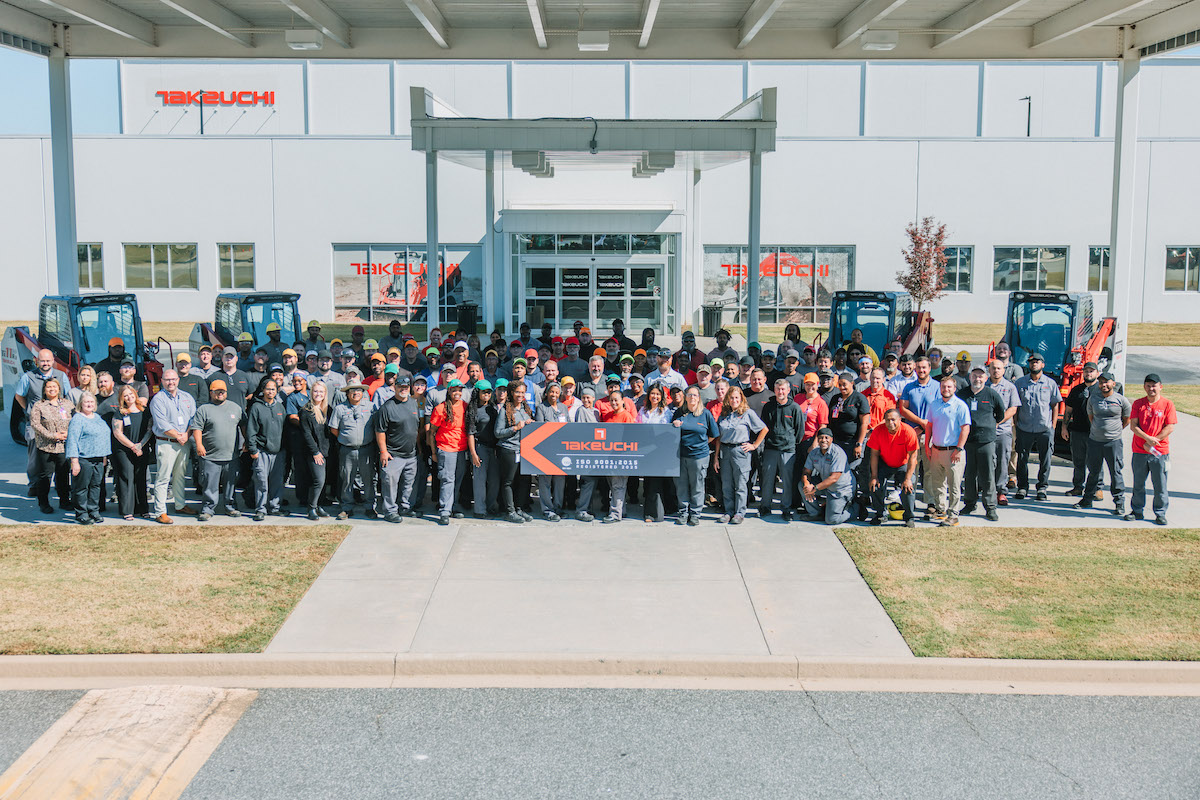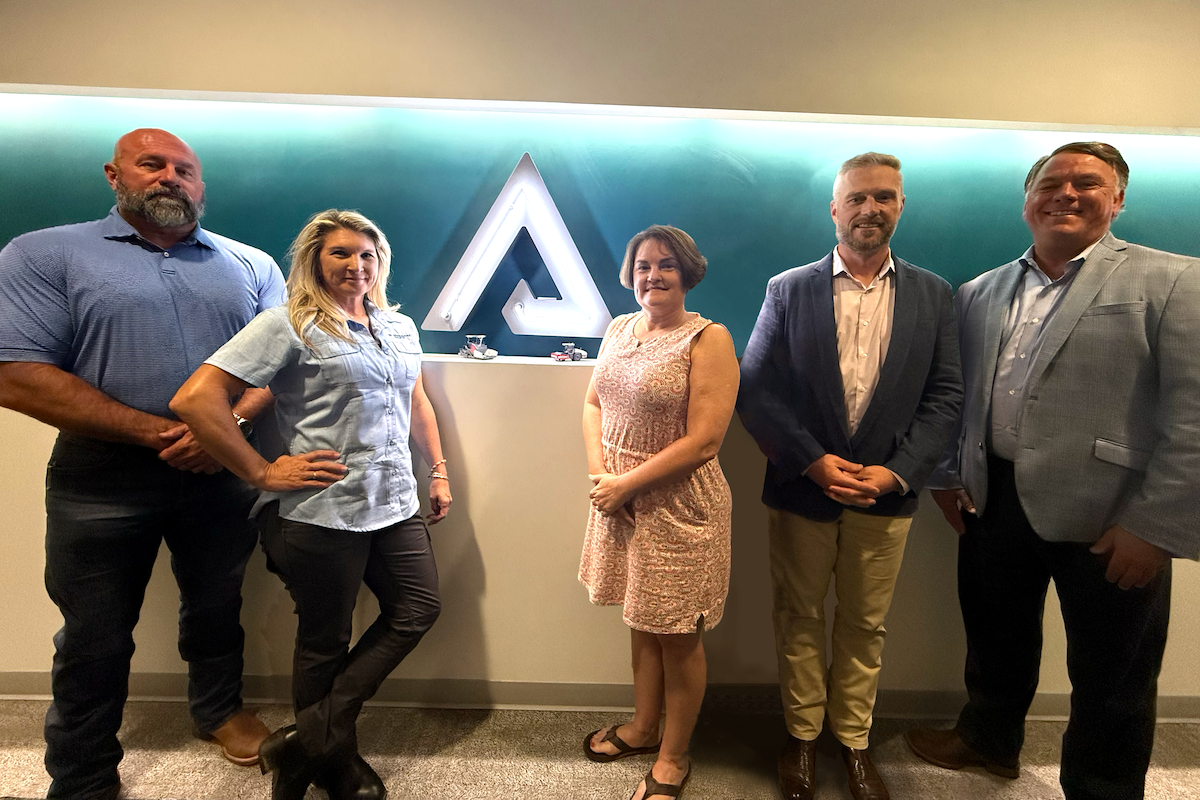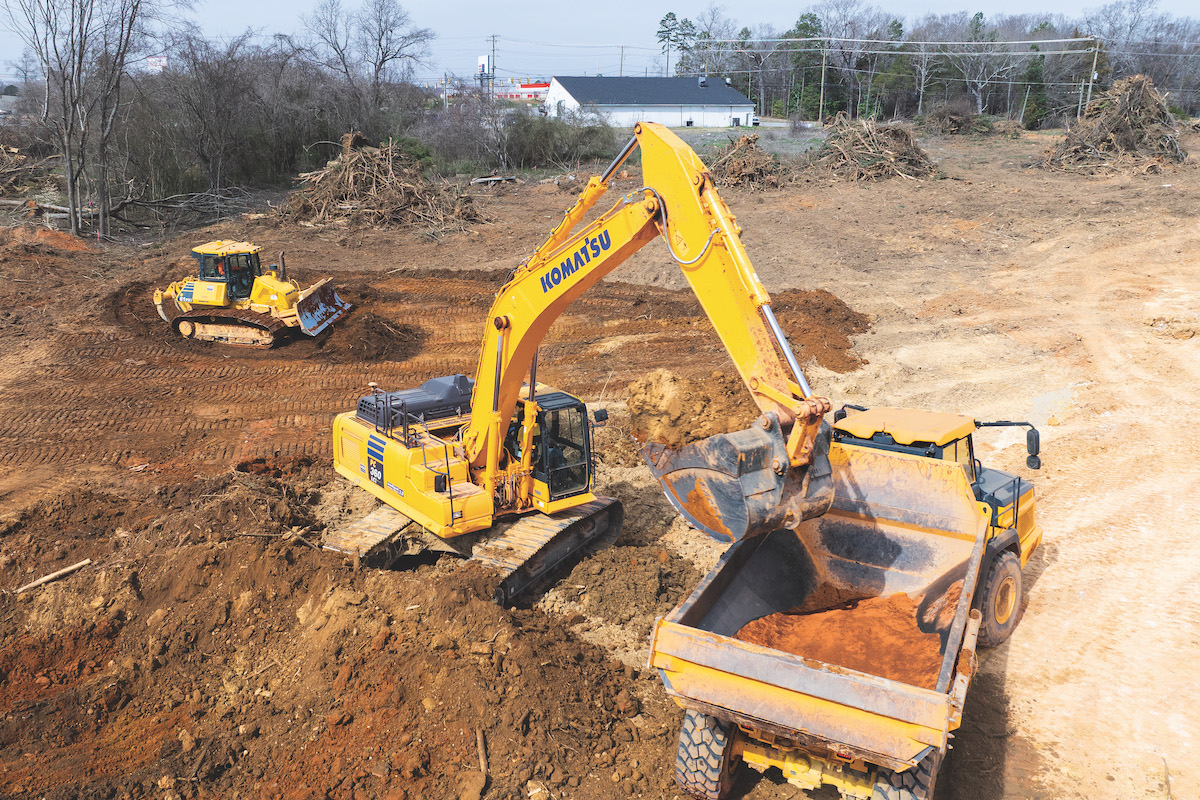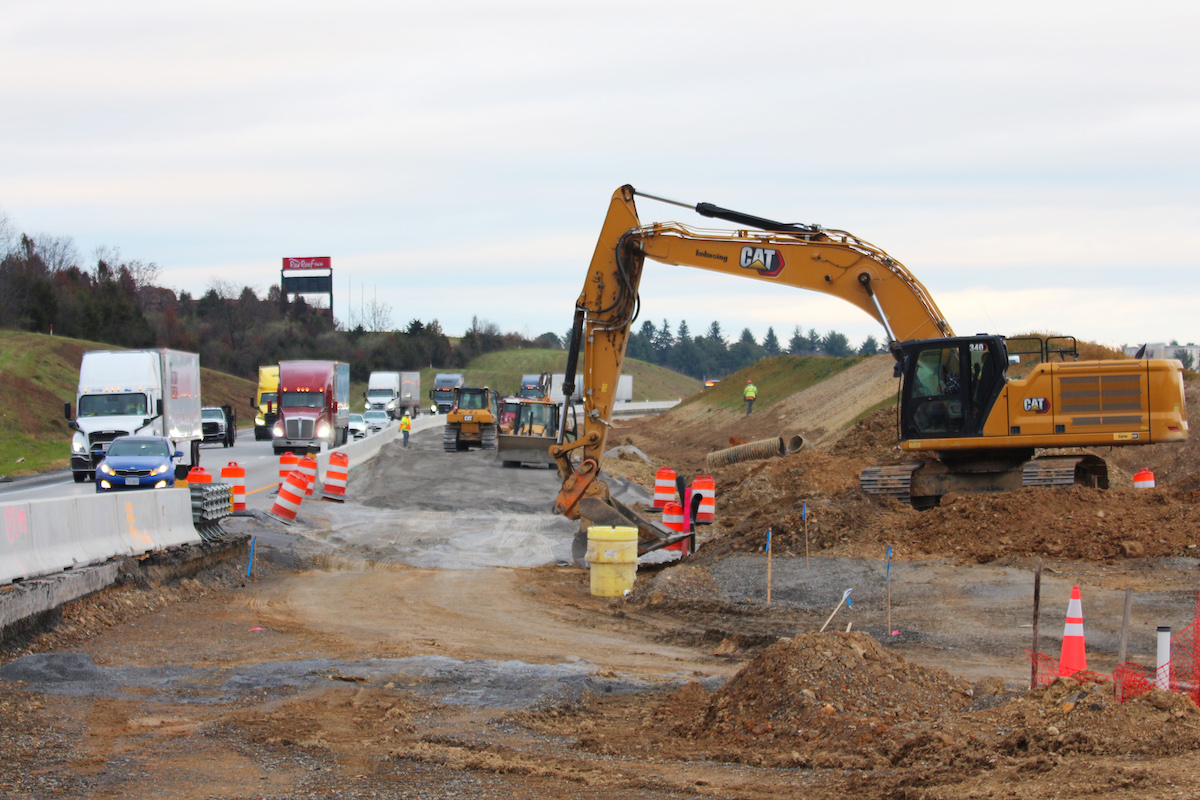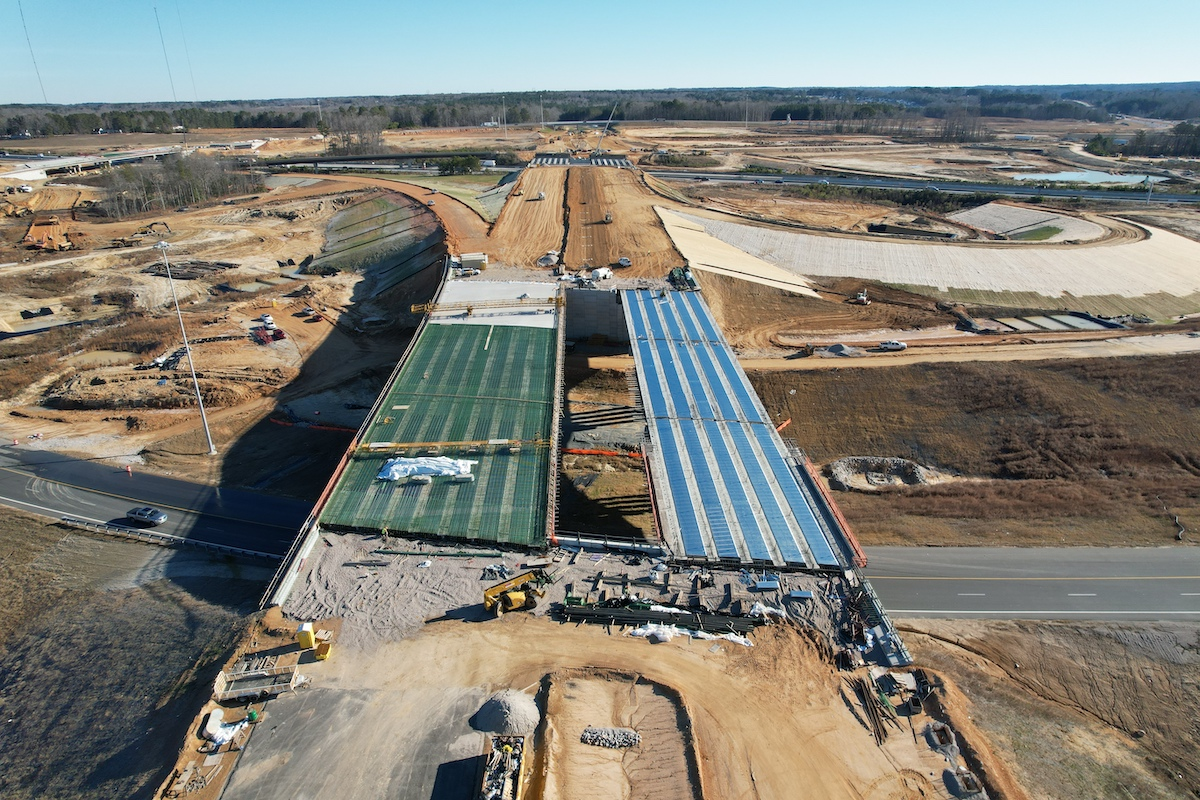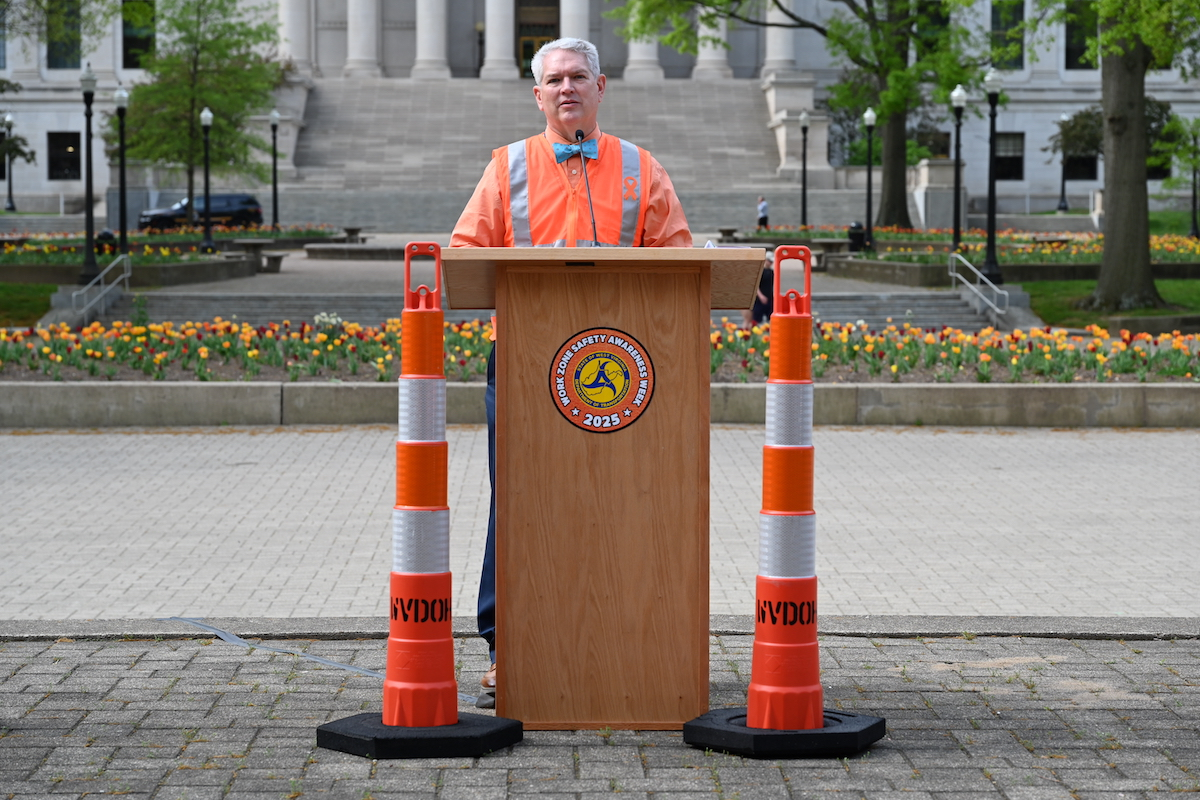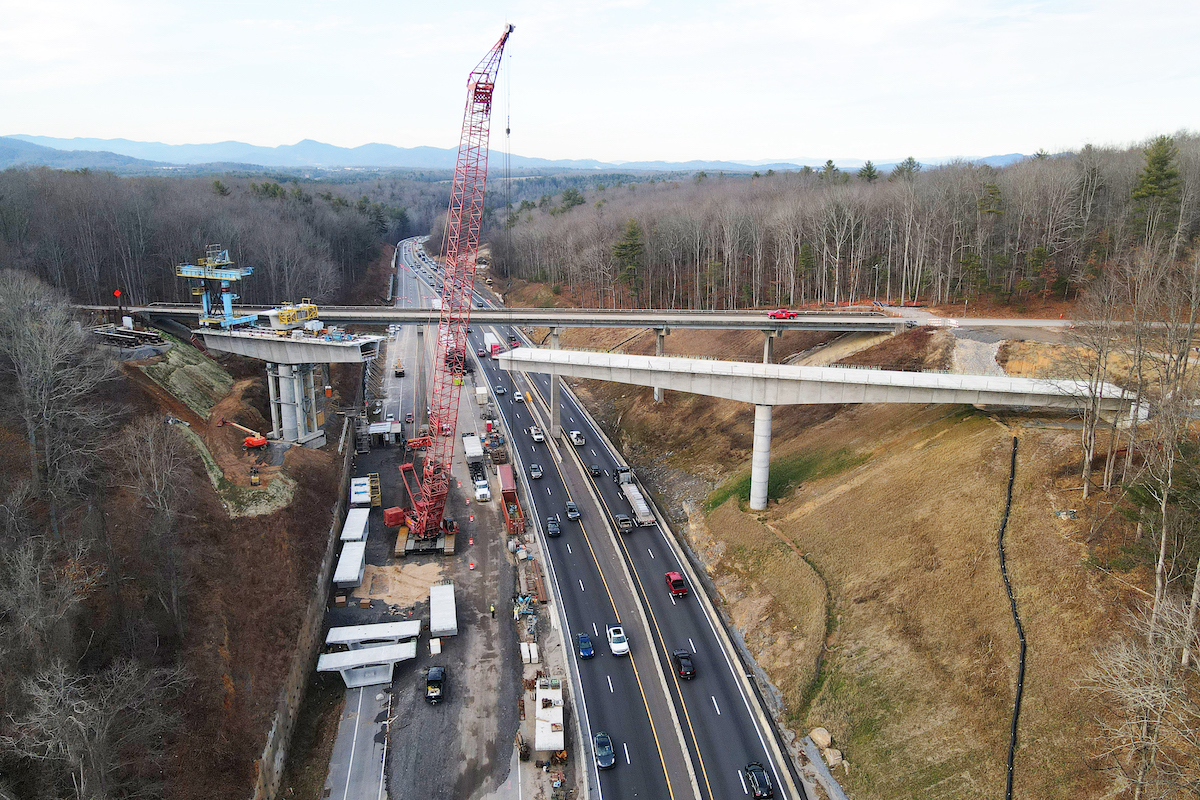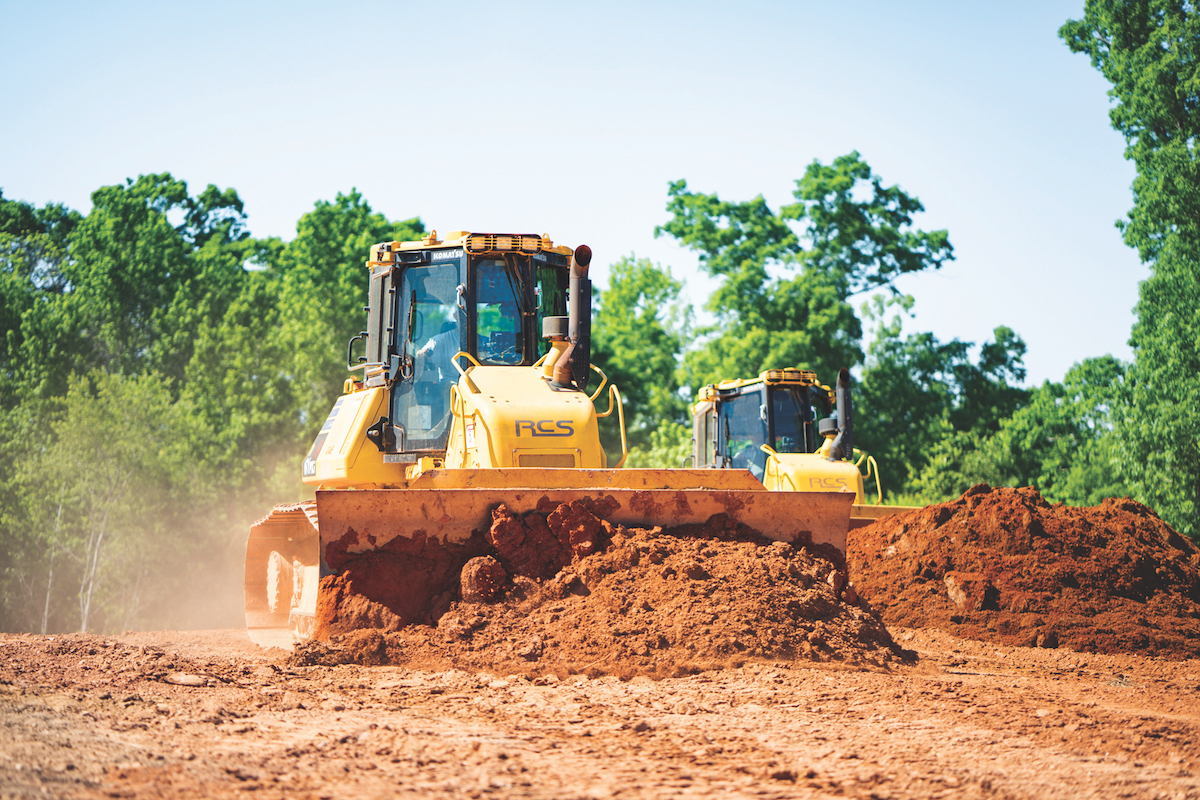Worldwide the construction industry has one of the worst records for employee mental health and suicides. According to a 2018 CDC report, the U.S. suicide rates are highest among men in the construction and extraction (mining) sectors. Men in both high skill, high risk positions – such as site managers – are 1.5 times more likely to die from suicide. Uneducated male employees are also at high risk for mental health issues and self-harm. The construction industry paints a grim picture for mental health and encompasses entry-level workers all the way up to management.
Now, with the pandemic, more recent data shows that 75 percent of workers have experienced burnout, and, of those people, 40 percent specifically cited the COVID-19 crisis as the cause. The male-dominated construction industry is an industry where misconceptions about the cause and treatment of mental and behavioral health may continue to thrive. Often, men are taught to be “strong and silent”, self-sufficient, and thus when issues arise, they often, continue to suffer in isolation and do not seek help. The truth is that mental illness is caused by a number of factors including biological factors, stressful or traumatic life events, and long-lasting health conditions such as heart disease or cancer – rather than gender or weakness or defects in character.
The failure to address behavioral health issues in the construction industry, along with high job demands and long work hours can lead to poor outcomes for employees and their employers. High levels of stress and anxiety lead to higher rates of chronic conditions, premature illness, and even death. Additional outcomes can include lower productivity, increased absenteeism, and poor staff retention rates.
Fortunately, several large and small employers in the construction industries and trades are taking considerable steps to remove the stigma associated with behavioral health issues. For example, Turner Construction has focused on these issues for years as part of their Active Caring Campaign.

| Your local Bomag Americas dealer |
|---|
| Linder Industrial Machinery |
“Recognizing that substance use in the construction industry is four to six times the national average, we knew that we needed to be a part of the solution,” said Bruce Ventura, Vice President at Turner Construction in Boston, Massachusetts. “As a result, we raised the conversation around safety to include the topic of substance use/misuse as well as mental health, suicide prevention and physical well-being. Our partners now provide individual coaching and counseling to not only help those in need but also to help those at risk.”
The changes Turner Construction and other companies are making are designed to reshape employees’ attitudes about mental health while encouraging compassion and providing resources for those struggling with anxiety, depression, or other conditions. Businesses in the construction industry can do the same by educating their employees and adopting company policies to help educate, recognize, and support people on their workforce with these conditions.
In addition to being the “right thing to do”, there is a strong business case to provide behavioral health awareness and support. Mental and behavioral health problems in the workplace have a direct negative impact on employers and businesses due to increased absenteeism and reduced presenteeism, productivity, and profits.
Another, smaller New England-based firm has been focused on wellness and has experienced the benefits of a personal approach. “As an industrial contracting company with crews working throughout New England, we are consistently looking to improve our employees’ access to well-being resources and self-care,” said Joseph Costello, VP, Human Resources, Bancroft Corp. “To serve the physical, emotional and mental health needs of our team, we have provided each employee with access to meet one-to-one with a health coach and thus provide our crews a unique bridge to accessible, adaptive, and preventive health-related services both at home and while on the road.” As a result of the coaching program, there was a 67 percent decrease in risky behaviors, a 55 percent reduction in binge drinking, and a 50 percent reduction in alcohol abuse.
As an employer, managing a workforce has gotten tougher with COVID-19 and additional stressors associated with delayed construction, additional safety requirements, challenging schedules, and permitting as well as financial strains. Below are some guidelines to consider in order to safeguard the well-being of your employees and subs:
- Talking about feeling trapped or in unbearable pain
- Talking about being a burden to others
- Increased use of alcohol or drugs
- Acting anxious or agitated; Behaving recklessly
- Sleeping too little or too much
- Withdrawing or feeling isolated
- Showing rage or talking about seeking revenge
- Displaying extreme mood swings

| Your local Wirtgen America dealer |
|---|
| Dobbs Equipment (SC) |
An open conversation in any workplace, but particularly in a high-stress environment with high stakes, can promote a strong culture of safety and well-being.











